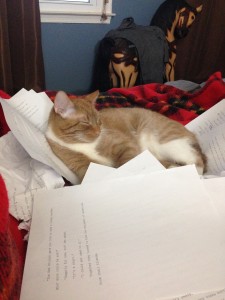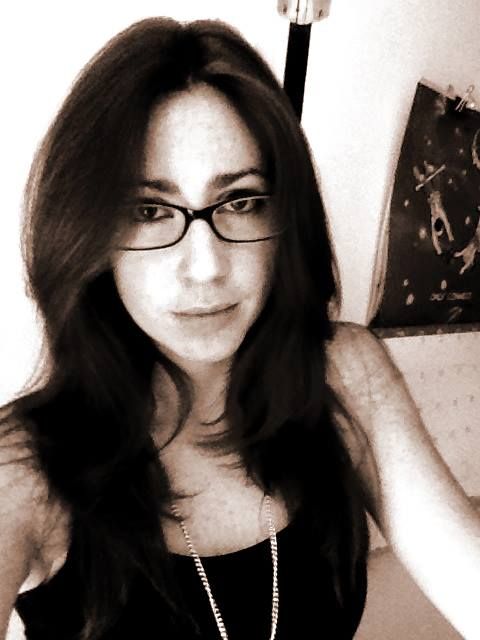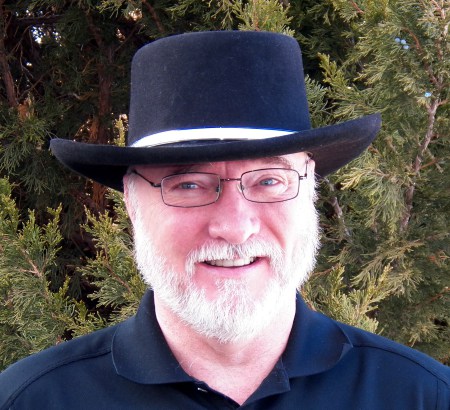Let’s be clear.
I’m crazy.
Yup. Off my rocker. Certifiable. Nuts.
I was raised as part of the generation of women told, “you can have it all” and swallowed the line, hook and sinker.
My last year life in brief:
- Happily (no really) married for nearly 19 years.
- Matt and I have two amazing sons, ages 17 and 15.
- We live on a 5 acre horse farm including two horses, a dog, three cats, a pool, woods and a creek. My dream made real in cooperation with Matt aka “The Hubby.”
- I’ve been published, am getting ready to self-publish and am finishing an alternate history novel.
- I’m a staff member for Superstars Writing Seminar.
- I read slush for an online magazine.
- I wrote a guest post for Grammar Girl’s podcast!
- I’m a founding member of this blog.
- I’ve owned my own law firm, and grew it to the point I had to join another firm.
- With the help and guidance from the amazing people from EWomen Network, I’m launching a YouTube Channel about legal tips for business in May, 2016.
- My book on business law for real people is scheduled to release in May, 2016.
- I speak 6-15 times a year about using the law to protect your solo or small business and help it prosper.
- I have some amazing strategic alliances that allow me to help mid-sized businesses transition into BIG businesses.
- I am humbled and honored to call some of the most generous, wonderful and supportive people on the planet my friends.
So, I have it all, right?
Yeah. Truly, I can’t complain about my crazy busy life. Well, sure, I can complain about things – like the orange cat shredding  and eating (literally) my papers. But really, this is a trivial problem. I’m a pretty A-type personality. I love being in motion. A week of doing “nothing” is not my idea of fun. I’m also a bit of a perfectionist. (Stop laughing, Matt). “Having it all” is a lot of work.
and eating (literally) my papers. But really, this is a trivial problem. I’m a pretty A-type personality. I love being in motion. A week of doing “nothing” is not my idea of fun. I’m also a bit of a perfectionist. (Stop laughing, Matt). “Having it all” is a lot of work.
So, here’s the truth about “having it all” and the myth of the “work-life balance:”
You can have “it” all; you just have to decide what “it” actually is.
I took far too long to come to that epiphany. I’ve felt guilty about success in one area of my life, as mommy, wife, writer, lawyer, speaker or farmer, because that success came at the expense (real or perceived) of another area of my life. To “do it all” I’ve had to accept sometimes, being a lawyer meant I couldn’t be a writer right then. I’ve had to let go of one of my favorite sentence stems – “I should be…”
I’ve wrestled with the “I should be…”s and related “I’m a bad…”s all my life. See, my Mom “did it all” too. She worked but she always made us dinner and came to our school events. I called her shortly after my oldest was born and asked Mom how she “did it.” I didn’t remember that she worked part-time until I was too busy with school to come home before 7 pm. All I remembered is she and my Dad had been there when it mattered. I remembered dinner was at 5 pm; learning how to cook in her kitchen; studying Latin with her and math with my Dad; Dad waking up at 4 am and taking me to a horse show; and the hours he and I spent fishing.
Still, that simple and profound lesson took years to sink in:
Others don’t see the things that worry us so very much.
Balance is a myth. No aspect of my life ever balances out in perfect proportions. I don’t spent 1/6th of my time wearing each of my hats and in many years the garden is ruled by weeds. But I accomplish a lot.
My tips for having it all:
- Let go and accept.
Sometimes we must prioritize one area of our lives over another for a time. That’s okay. That’s just life. The needs will change and if you’re paying attention over a life time the scales will balance the way you want, even if that’s not totally equally.
- Lists. Lots and lots of lists.
I know myself. If a task, appointment or whatever doesn’t hit my to-do list with a deadline it isn’t happening. Because I’ll procrastinate if I can do the task “whenever,” every task has a deadline whether real or Nancy created. I try not to beat myself up when I miss the fake deadlines. Now I just reset them to my next best guess.
- When you can hire people to deal with the administrivia.
Time is best spent on income generating activities (for me, doing legal work or writing a story) or fun (watching movies with my 3 boys) rather than on unproductive tasks like mailing out my invoices. I can pay an admin $15 an hour to handle those necessary distractions. There are things only you can do. Do them and nothing else. Use money to make time when you can.
- Focus on what you accomplished rather than what remains to be done.
If your to-do list something even Superman and Wonder Woman would fear? When I focused on the 15 things that weren’t humanly possible to do in the day and I, surprise, didn’t finish, I was a grumpy gal. Now, I try to end the day remembering what I accomplished. I’m less likely to dread the next day.
- Sleep is for wimps.
Just kidding. Sleep really isn’t optional.
For me, finding balance meant accepting there are limits to my superhuman strengths (Again, stop laughing Matt or I might revise the “happily married” point). Don’t get me wrong. I still hear the deeply fearful part of me repeating her “not good enough” and “I should be…” mantras, but her voice has grown softer over the years and she’s getting easier to ignore.
Oh yeah, and when getting the work/life balance right, it helps to be downright crazy.



